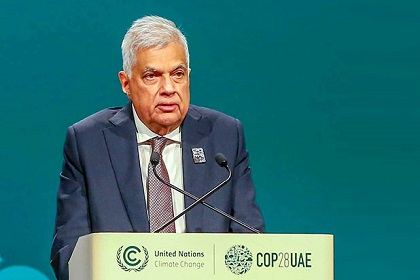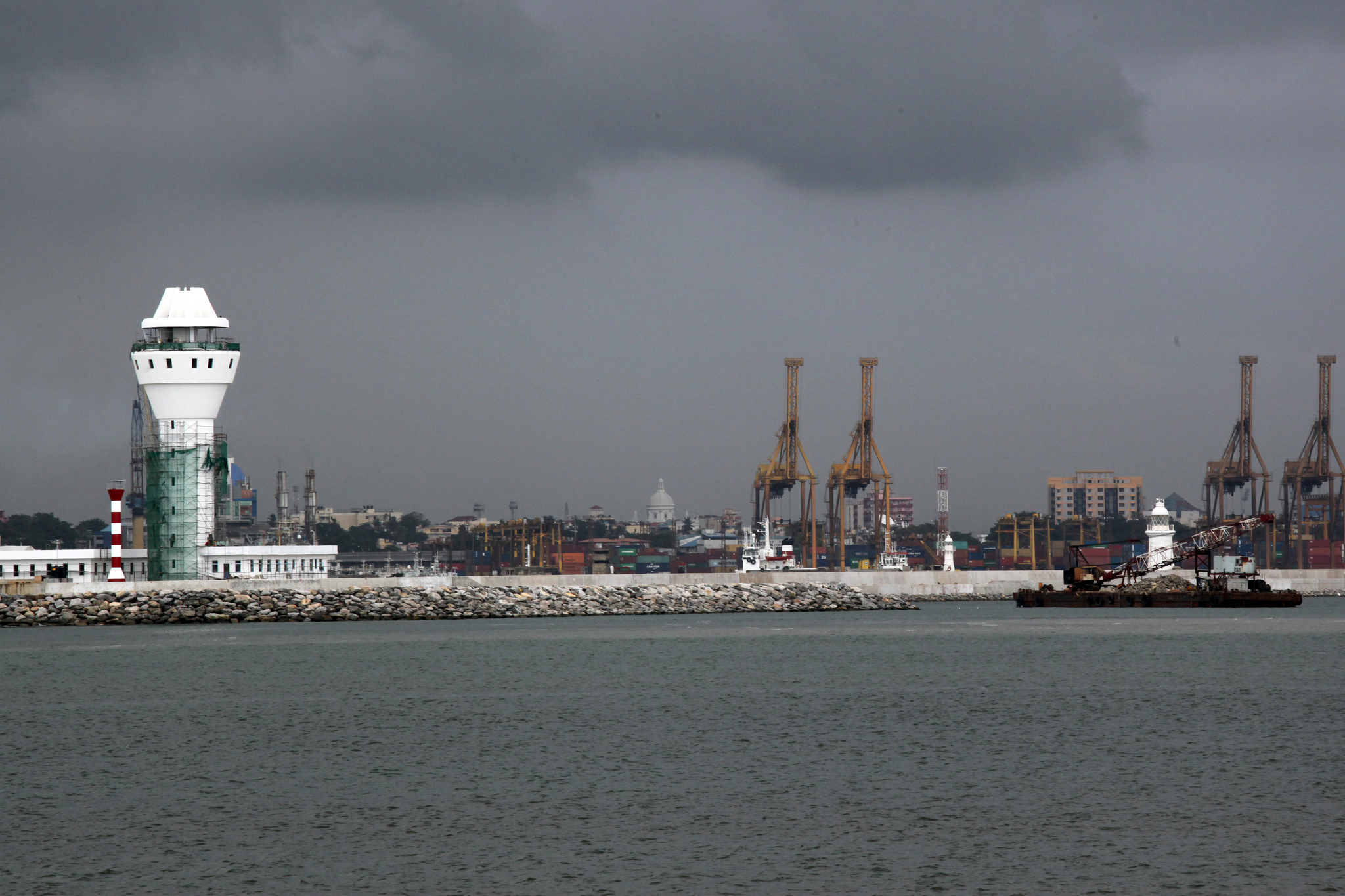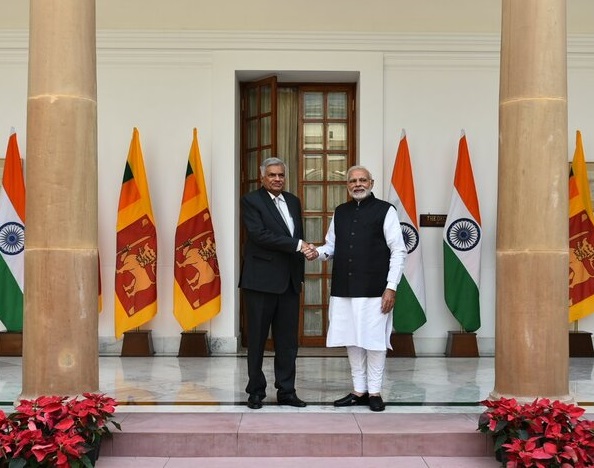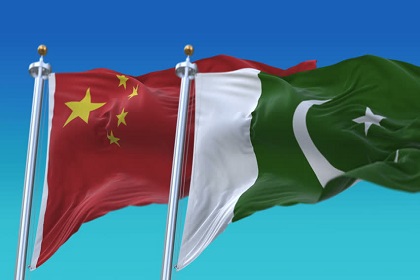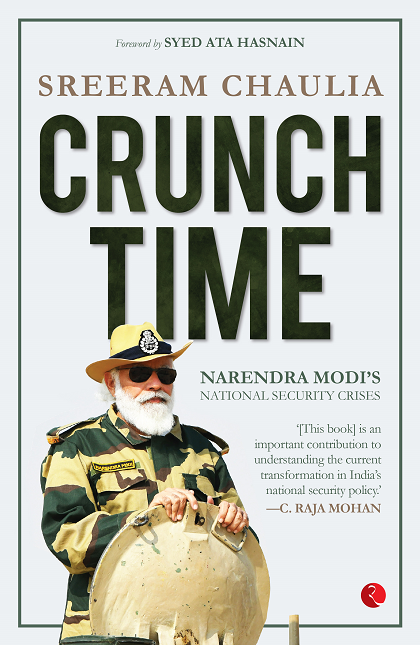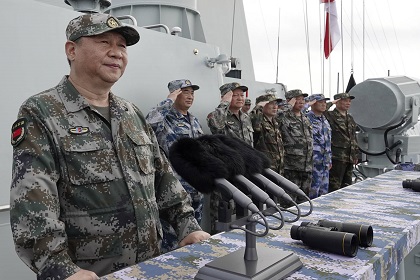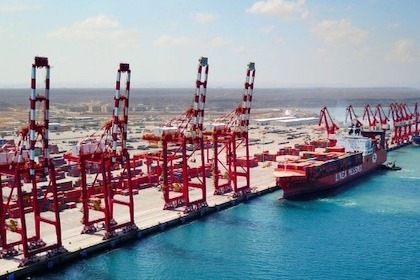COP28 and Sri Lanka’s energy goals
At the COP28, Sri Lanka’s President Ranil Wickremesinghe stated the need for $12 billion in FDI for renewable energy sources by 2030 to fulfill the country’s climate commitment. For that funding to yield benefits and translate into long-term growth, Sri Lanka must now work hard to enhance its overall business environment and revisit its foreign investment strategy to focus on renewable energy and manufacturing.

